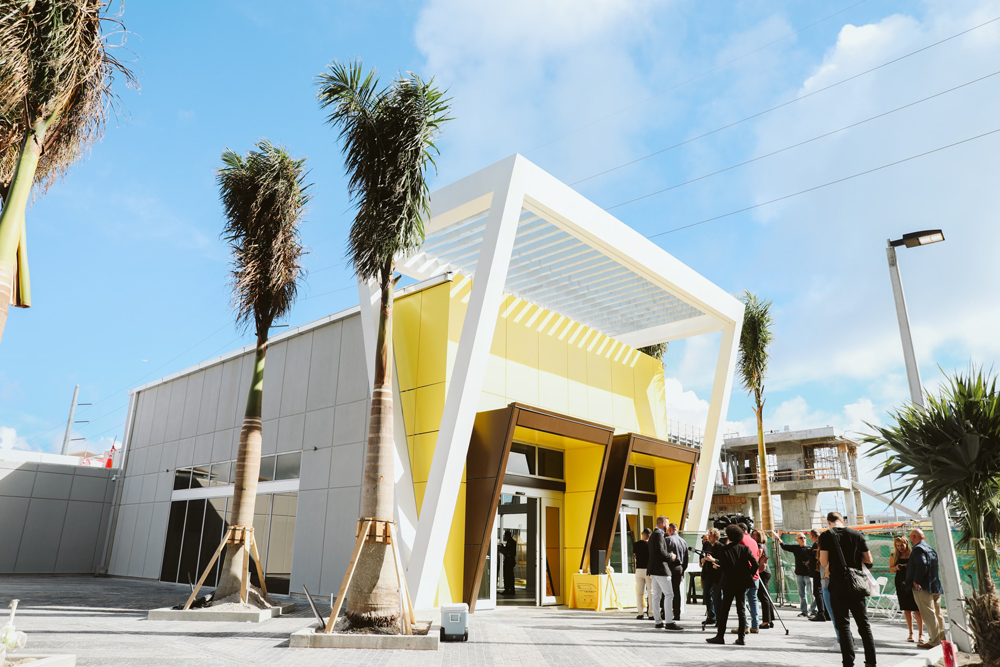
MIAMI — Brightline will begin service at its new Boca Raton and Aventura stations on Dec. 21, the company has announced, and has placed tickets on sale for operations from those locations.
The company will hold ribbon-cutting ceremonies at the two new facilities on Dec. 20 — at 9 a.m. on Boca Raton and at noon at Aventura — featuring local elected officials and Brightline President Patrick Goddard.
The additions expand to three the number of intermediate stops on the current route between West Palm Beach and Miami. Currently, trains stop only at Fort Lauderdale. The new Boca Raton station is at 101 Northwest 4th Street; the Aventura station is at 19796 West Dixie Highway.
The Aventura station, approximately 16 miles north of Brightline’s MiamiCentral station, will eventually become the endpoint of a commuter rail service under plans being developed by Miami-Dade County. The Boca Raton station will provide an intermediate stop between Fort Lauderdale and West Palm Beach.
Information about schedules and tickets is available at the Brightline website or on the Brightline app.






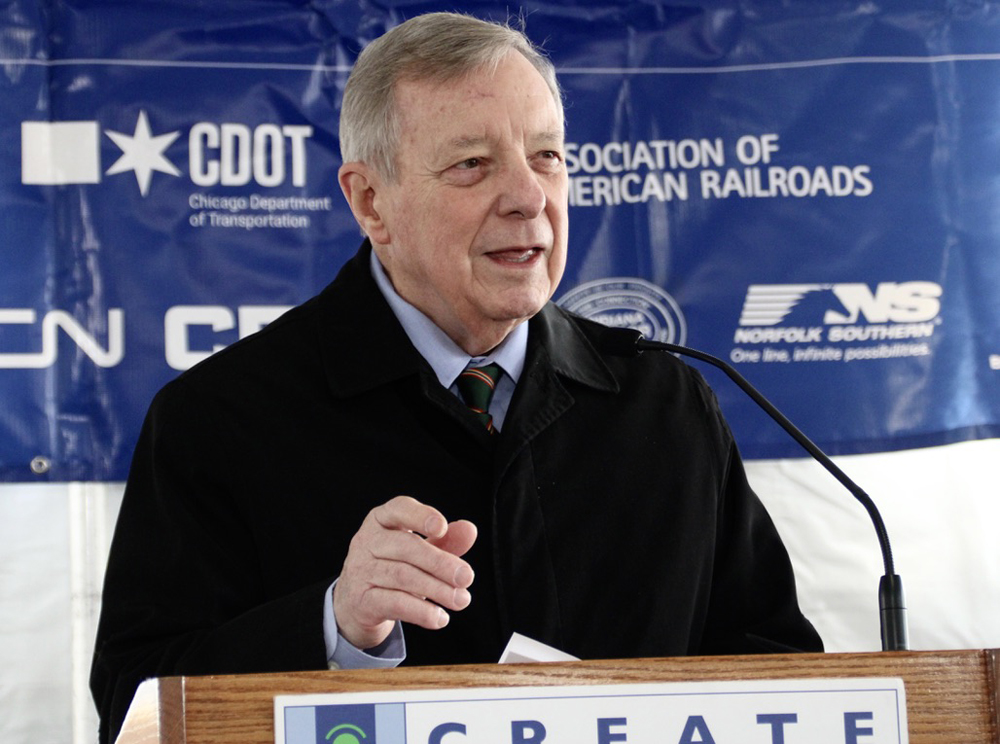
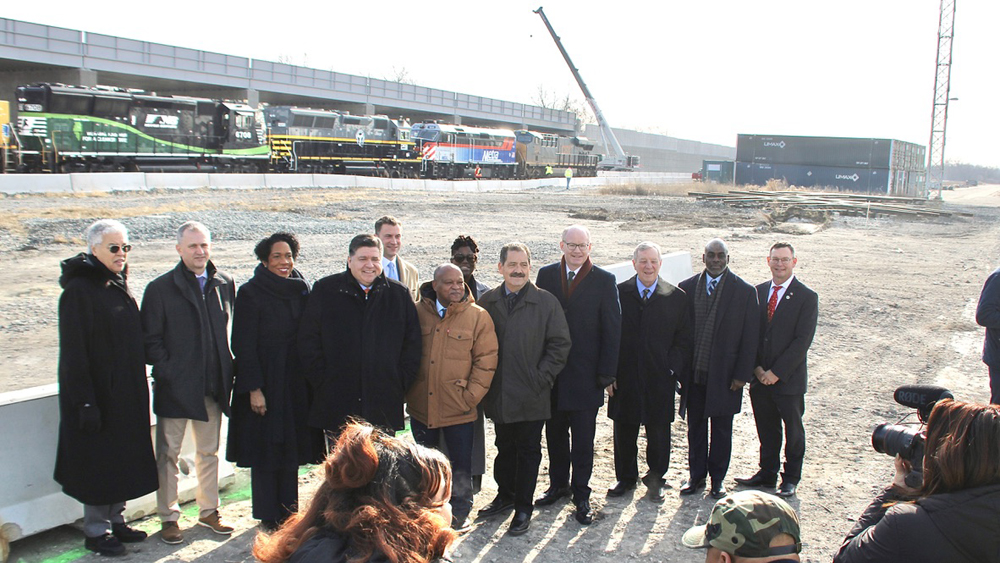
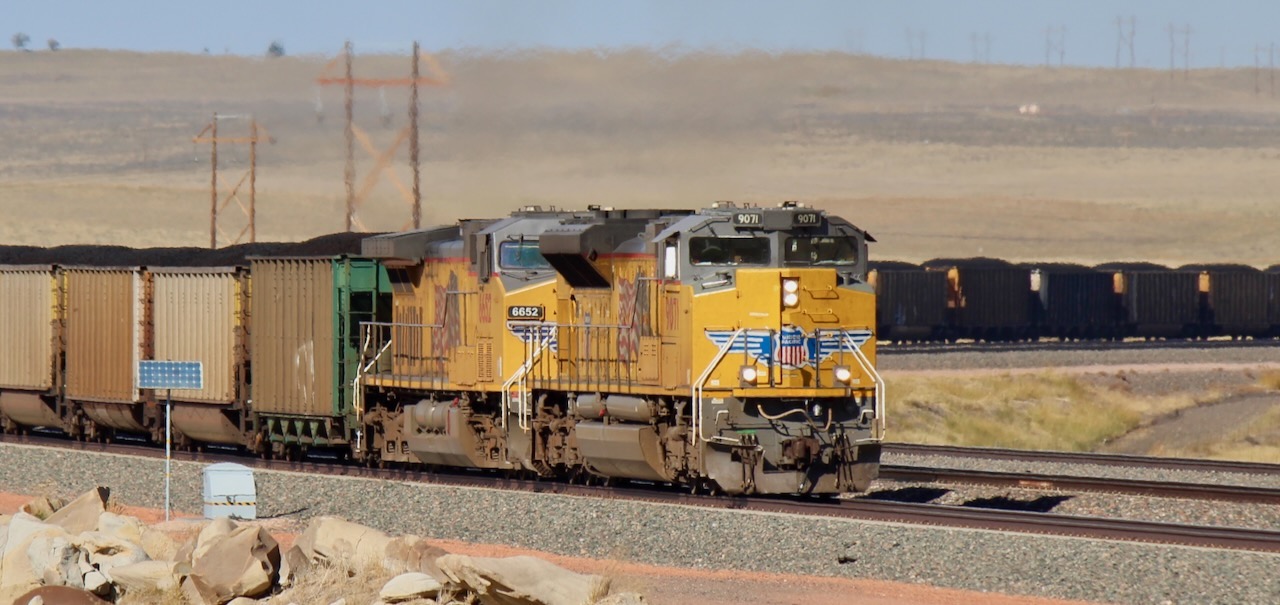



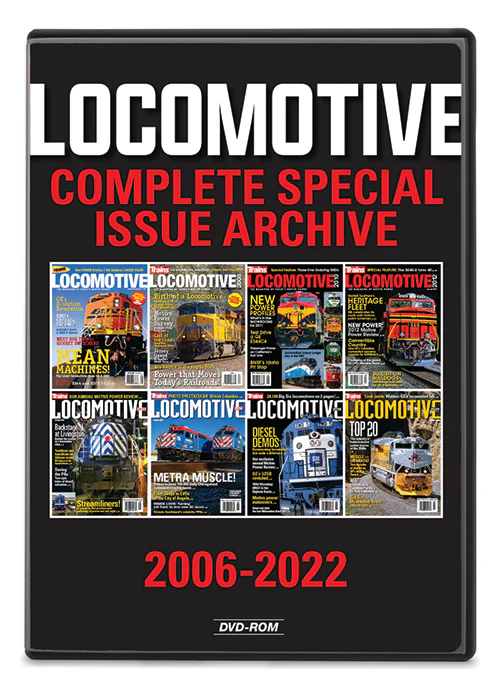
One other observation When I was growing up in New York in the borough pf Queens, we were served by 7 private bus companies which provided service on over 100 lines in Queens, Brooklyn, Manhattan and the Bronx often giving superior service to that of the NYCTA’s own bus network. But in later years the private lines were supported by government operating subsidies and also given subsidies to buy new buses when the old ones wore out and finally as a cost saving measure and to improve service and efficiency New Yok City and the MTA took over all the private companies one by one and merged and blended them into the MTA network of bus lines. Now new residents moving into New York City would never know that there was once a network of private bus lines and companies providing service. The same thing also happened in 1940 when the city took over operations and ownership of the BRT and IRT subway lines elevated lines and trolley lines because it became evident that the private companies could no longer operate these services and make a profit. Of course there was also plenty of political pressure and wheeling and dealing to bring this about. But the point is this The transportation business in any form or mode is not a money making business or sucess without some government help and intervention to keep it running
Joseph C. Markfelder
All forms of transportation these days whether private or public operate with some form of government subsidy or government intervention to help facilitate operation. Even the nation’s first transcontinental railroad was built with help from the federal goverment when President Lincoln signed the Railroad Act of 1862 to start off the construction of the Union Pacific Railroad even with land grants handed out. As we know both the highways and the airlines get subsidies from the governement to keep operating and to buy new equipment. Any transportation entity would never make it on their own if they just depended on they took in from the farebox or ticket sales. So the myth about privately funded transportation is false there is some form of government assistance given for their operation and construction and expansion. On a lighter note, ride share services such as Uber and Lyft while they are privately owned and depend on their riders for revenue but they too are losing money Someday we may see those companies either taken over by the local muncipalities or also receive subsidies from the government. Transportation is a service but anybody trying to operate one of these services is not going to grow rich or become a millionaire running one of these services
Joseph C. Markfelder
I might remind everyone that the bonds that were issued on Brightline’s behalf are backed by the state of Florida’s Finance Development Authority. While the bonds are insured and have some collateral, they had to be approved by a state agency in order to get the municipal bond rate.
Prior to those bonds being issued they did get PAB bonds, which are high interest private bonds that can’t get enough institutional buyers for the subscription. But once the state authority provided the support for the issuance, they were able to retire those PAB’s.
So according to the markets, private passenger rail is not considered a prime investment vehicle. It needs some kind of government assurance (the other option was to use the RRIF through the FRA) for the markets to accept the investment.
Brightline West is using the same investment tools to get the LA-LV service in place. However, with the bond markets in disarray due to inflation and Congressional overspending, it may get delayed until global finances settle down.
I am happy there will be more access to get Brightline, but it appears the trip between Miami and WPB will be lengthened from 1 hour 10 minutes to 1 hour 25 minutes. As I write (1:25 pm on a Thursday, Google maps suggests driving between the two will take 1 hour and 8 minutes. I hope the cost in time will be offset by more ridership. It will be interesting to see.
Driving time is variable. At 2PM, my mapping program says driving would be 1 hour 28 minutes, an hour faster than the bus.
And our socialist airlines. Without subsidies such as TSA, FAA, etc., and the covid bailouts, no airlines. Commerce is not socialist. Our constitution directs the gov’t to promote commerce.
Name calling does not help understanding. It would be more helpful to contrast privately run entities with government controlled ones.
Brightline (a private company) is able to do so much in so little time. Meanwhile, Amtrak (a socialist government company) can’t even restore service to pre-covid levels, let alone add any new service. Joke!
Socialist, like our highways and airports? People tend to overlook the fact that these modes of transportation were lavished with public money for development and expansion while passenger rail was nearly starved out of existence.
Comparing Brightline to Amtrak isn’t really an apples-to-apples prospect because Brightline has much more control of its destiny than Amtrak outside the NEC.
Keep watching CNN, sheep
Brightline has been benefited by owning the FEC before they started construction, then negotiated access to their tracks in the sale agreement. Since the FEC used to be double tracked, they did not have buy any real estate; and were fortunate to lease land alongside the Cocoa Beach to Orlando airport for the newest private railroad constructed in the US in decades. This has to have made the environmental review process minimal and fast tracked(?).
Look how long it took for Desert Express/Express West (now Brightline West) to do its environmental review and gain its permits! Unlike Brightline they lacked financing.
Faster? Yes. But, Amtrak does not have these advantages.